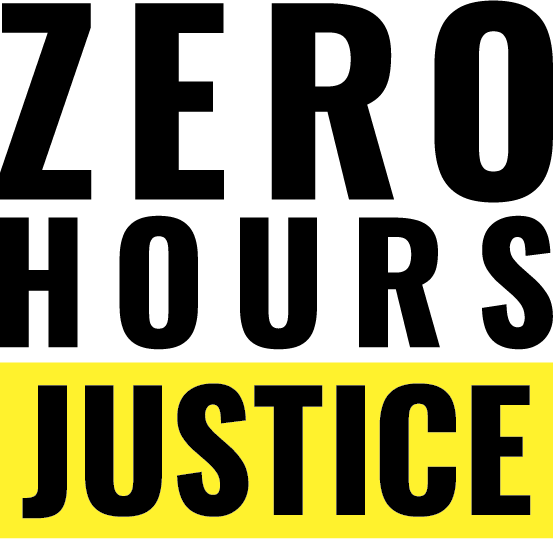|
The number of people on zero hours contracts once again broken through the one million barrier, according to the latest data from the Office for National Statistics. The data shows that, during the period October to December 2021, 1,030,000 people reported that they were employed on zero hours contracts. This is equivalent to 3.2% of the people in employment. The last time that the number of people on zero hours contracts exceeed one million was for the period April to June 2020, during the first quarter of the pandemic. At that time, the number of reported zero hours contracts was 1,076,000. After that, the number of people on zero hours contracts fell to as low as 879,000 during the third national lockdown (January to March 2021), before rising again. Just as the UK employment rate continues to rise, it is quite clear that Covid only provided a temporary blip in the rise in the use of zero hours contracts. While the number of zero hours contracts has reached its second highest level since records began, the ONS data also shows that the the proportion of people employed on zero hours contracts who say they are working full-time hours has fallen to its lowest level of 30.5%. Conversely, the proportion of zero hours workers who say they are working part-time hours has increased to its highest level of 69.1%. Unfortunately, the decrease in the number of people on zero hours contracts working full-time hours since the first quarter of 2020 has not been reflected in an equivalent increase in the number of people not employed on zero hours contracts and working full-time. At the same time, while the number of people on zero hours contracts working part-time hours has increased to its highest levels, the humber of people not on zero hours contracts who are working part-time hours has actually fallen. These figures suggest that, while the amount of work available to staff on zero hours contracts is decreasing, employers are still offering regular work to zero hours workers without the benefits of permanent employment.
Comments are closed.
|
contactFor press enquiries or permission to reuse content, please contact: Archives
June 2024
CATEGORIES
All
|
|
Company No: 12417909 Registered Office: 38 Coney Street, York, Y01 9ND
|

 RSS Feed
RSS Feed


